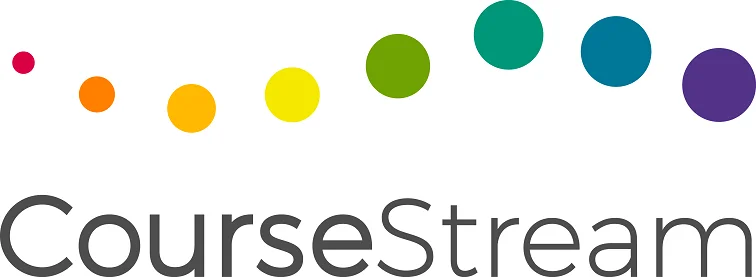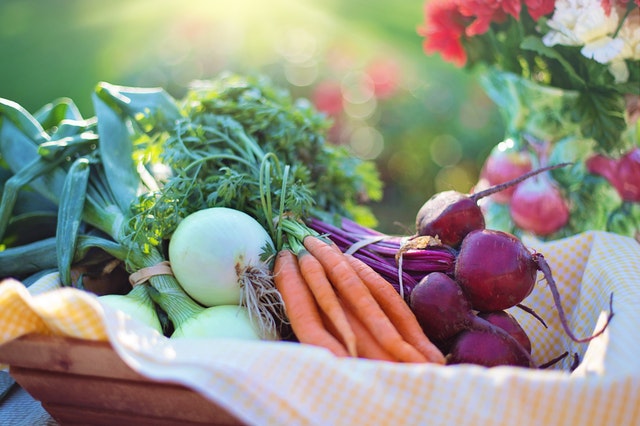Online Self Sufficiency Advanced Course
A step on from Self-Sufficiency 1 this course will develop your cooking, bottling and productive gardening skills whilst at the same time emphasising health and nutrition. Understand the importance of good health in a self-sufficient lifestyle and how to provide your own food.
Why Study this Self Sufficiency Advanced Course?
Do you want to learn how you can improve your abilities in producing your needs for yourself? Do you want to learn how you can prepare a well-balanced diet every day using your own skills? Then this online self sufficiency advanced course may just be the one you are looking for! This course will teach you how to establish your own kitchen garden, how to grow vegetables and fruits, how to produce milk and eggs, and more.
Learn to be self sufficient with your food. You learn about nutrition and how to balance your diet, as well as how to produce, process, store and use all types of food; including berries, nuts, milk, cheese, eggs, bread making, preserves, & dried foods. Cookery, freezing, drying, bottling, making bread, planning a vegetable garden and more.
- Self paced study
- 100 hours
- Get self sufficient in the kitchen!
- Learn traditional skills.
Course Aims
- Explain the importance of good diet and nutrition to good health
- Discuss the potential for increasing self sufficiency by growing your own food in a kitchen garden.
- Describe the potential and appropriate procedures for vegetable growing in your area.
- Describe the potential for fruit growing and appropriate fruit growing procedures for your locality.
- Describe the process of practices like bottling to extend the shelf life of produce.
- Explain the process of practices like freezing and drying to extend the shelf life of produce.
- Describe the principles of animal production and processing animal products, where someone is seeking to improve dietary self sufficiency.
- Describe growing and cooking with herbs, where someone is seeking to improve dietary self sufficiency.
- Describe the use of eggs and cheese where someone is seeking to improve dietary self sufficiency.
- Describe the use of grains in a situation where someone is seeking to improve dietary self sufficiency.
Course Outline
There are 10 lessons in this course:
- Diet and Nutrition
- Introduction to good health
- Science of nutrition
- Nutritive Values of different foods
- Effects of Inadequate Nutrition
- Food allergies
- Water
- How to be a Vegetarian
- Vegetables -nutritive value, fibre
- Health Basics, Natural Body Cycles
- Major Food Groups,
- Dietary Sources for different nutrients
- Choosing and Using Vegetables
- Understanding Carbohydrates and Diet
- Fats, Protiens, Minerals and Diet
- Energy Production
- Recipes and A well balanced diet.
- Living a Well Balanced Life -eating, exercise, etc
- Establishing a Kitchen Garden
- Why Grow Herbs and Vegetables
- Deciding food plants that can be grown in your garden,
- What you can grow, and how you might use it
- Designing a productive garden.
- Managing Water for Optimum Value
- Integrated Pest Management
- No Dig Growing Method
- Permaculture Gardening
- Biodynamic Growing
- Other Growing Methods
- Understanding and Managing Soil
- Getting Started with a Vegetable Garden
- Vegetables
- Growing Vegetables from Seed
- Transplanting Seedlings, Crowns, Offsets and Tubers
- Using Cold Frames or Cloches
- Culture for specific types of vegetables, including:
- Brassicas
- Lettuce
- Legumes
- Onion
- Potato
- Tomato
- Others incl. Beetroot, Capsicum, Carrot, Celery, Corn, Eggplant, Parsnip, Spinach, Cucurbits
- Others including: Artichokes, Garlic, Asparagus, etc.
- Mint, Fennel, Dandelion
- Mushrooms
- Harvesting Vegetables
- Growing -fertiliser, pest and disease management
- Fruit
- Establishing a Orchard -What to consider
- Orchard Location
- Cross pollination, Winter Chilling
- Pruning in the Home Orchard
- Cultural techniques for different types of fruits & berries
- Citrus
- Apples
- Apricots
- Avocado
- Cherry
- Fig
- Grape
- Olive
- Pear
- Peach
- Raspberry
- Strawberry
- Other Fruits: Mango, Medlar, Olive, Papaya, Pineapple, Blackcurrant, Kiwi Fruit and more
- Cutting Propagation
- Bottling
- Scope and Nature of Bottling
- Equipment
- Techniques for jelly/jam making
- Sauces
- Pickling
- Bottling
- Freezing and Drying
- Scope and Nature of Freezing
- Freezing Tips
- Anti Browning agents
- How to Soften Water
- Managing a Freezer
- Vegetables you can Freeze
- Harvesting and preserving techniques
- Scope and Nature of Drying
- Tips for Drying
- Producing Milk and Eggs
- Milk Production
- Choosing a Dairy Breed
- Cows, sheep and goats
- Nature and Composition of Milk
- Milk Protein
- Factors affecting Milk Composition
- How Milk is Made
- Lactation Cycles
- Managing a Dairy Cow
- General Methods of Caring for Animals
- Animal Feed, Water and Health
- Scope and Nature of Poultry
- Feed and Water for Poultry
- Developing an egg production system
- Keeping Goats
- Pasture Management
- Growing & Cooking with Herbs
- Growing Herbs
- Harvesting Herbs
- Storing Herbs
- Drying and Freezing herbs
- Companion Planting
- Selection and cultivation of culinary herbs
- Recipes for cooking with herbs.
- Using Herbs -Garnishes, Condiments, Medicinal Uses, Teas, Flavourings etc
- Egg and Cheese Cookery
- Value of Eggs
- Storage and use of eggs
- Distinguishing different types of cheese, cooking with eggs & cheese.
- Grain
- Different Types of Flour -wheat, corn, oat, soy, etc
- Role of Cereals in Nutrition
- Characteristics of Different Grains
- Using Grains
- Baking with Herbs
- •Baking bread, etc.
Enrol Now
- Experienced Tutor support
- Certificate sent to you
- Online study (Printed notes available)
- Self paced - no set timetable
- 12 months to complete course
From: $25.00 / week for 26 weeks
Get a Free Info Pack!









